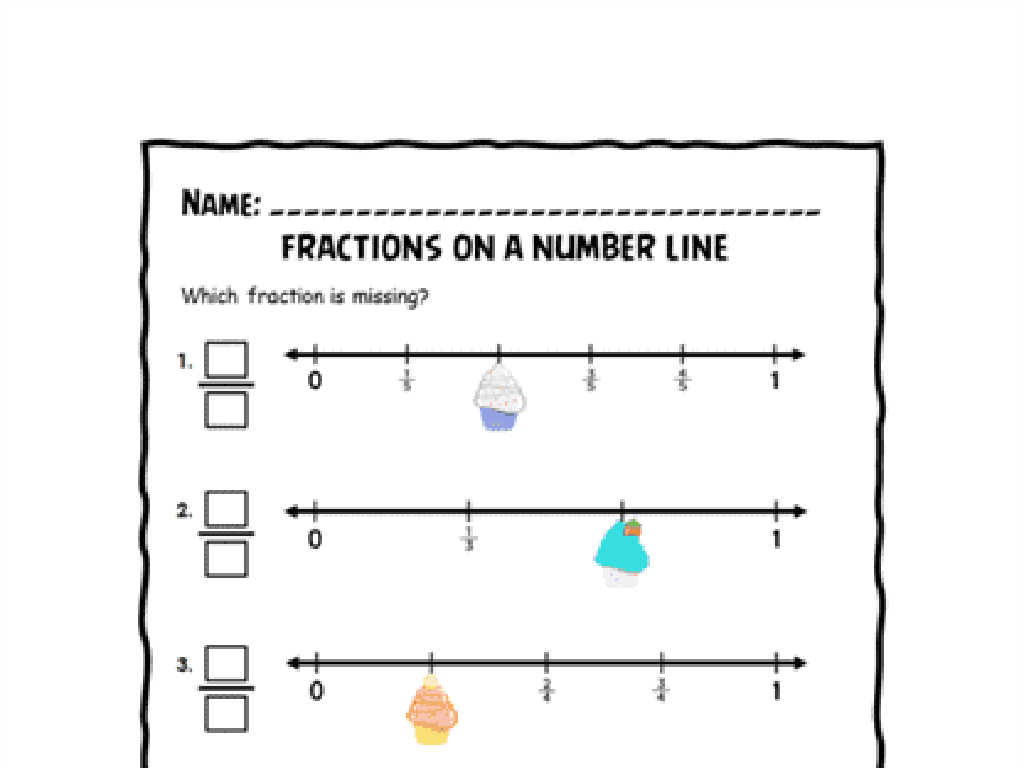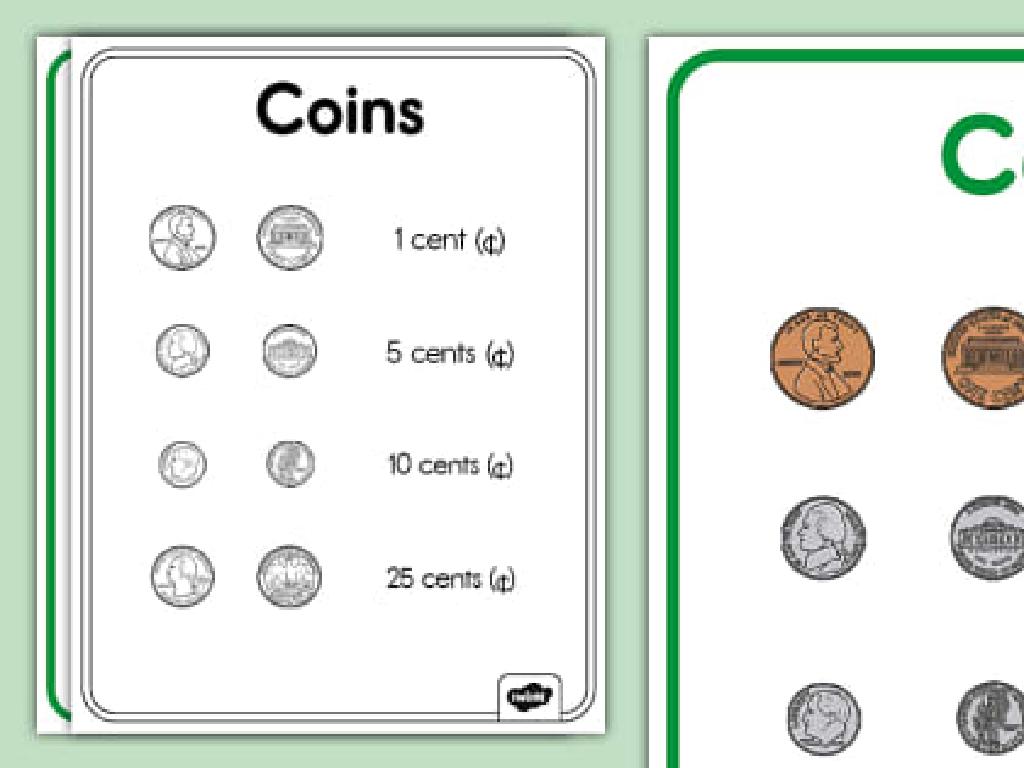The American Revolution: New British Taxes
Subject: Social studies
Grade: Fifth grade
Topic: The American Revolution
Please LOG IN to download the presentation. Access is available to registered users only.
View More Content
The Roots of Our Nation: New British Taxes
– The American Revolution’s beginnings
– A fight for independence from British rule
– What sparked the American Revolution?
– Unfair taxes and laws led to rebellion
– Overview: New British Taxes
– Taxes like the Stamp Act angered colonists
– Impact on colonists and revolution
– These taxes fueled the desire for freedom
|
This slide introduces the American Revolution, setting the stage for understanding the pivotal role that new British taxes played in the colonies’ quest for independence. Begin by explaining the American Revolution as the colonists’ fight against British control. Highlight the unfair taxes and laws imposed by Britain, such as the Stamp Act, which required colonists to pay tax on paper goods. Emphasize how these taxes were a significant factor in sparking the rebellion, as they were seen as unjust without colonial representation in Parliament. The discontent over these taxes contributed to the growing desire for independence, eventually leading to the revolution. Encourage students to think about how they would feel if they were taxed unfairly and had no say in the matter.
What Led to the American Revolution?
– Recap of events before Revolution
– Tensions grew from laws and battles, like the Sugar Act and Boston Massacre.
– Taxes raised tensions
– British needed money, imposed taxes on everyday items like tea and paper.
– Colonists’ view on new taxes
– Many felt it was unfair without their representation in Parliament.
– Impact of taxes on daily life
– Taxes affected colonists’ finances, leading to protests like the Boston Tea Party.
|
Begin with a brief overview of the events that set the stage for the American Revolution, highlighting the growing discontent among the colonists due to various laws and incidents. Explain the British government’s need to raise money to pay debts, leading to the imposition of new taxes on the colonies. Discuss the concept of ‘No taxation without representation’ to illustrate why the colonists were upset about these taxes. Emphasize how these taxes impacted the everyday life of the colonists, leading to significant events such as protests and ultimately the Revolution. Use examples like the Stamp Act or the Townshend Acts to make the connection between taxation and the colonists’ push for independence.
Types of British Taxes During the American Revolution
– Stamp Act: Tax on paper goods
– This act required a stamp on newspapers, legal documents, and more.
– Townshend Acts: Taxes on imports
– These acts placed a tax on glass, lead, paint, paper, and tea.
– Tea Act: A pivotal tax on tea
– The Tea Act led to the famous Boston Tea Party protest.
– Impact on Colonists and Reactions
– These taxes angered colonists, leading to protests and boycotts.
|
This slide introduces students to the various taxes imposed by the British government on the American colonists, which contributed to the growing discontent that led to the American Revolution. The Stamp Act was particularly despised because it affected so many aspects of daily life. The Townshend Acts extended taxation to essential goods, further burdening the colonists. The Tea Act, while actually lowering the price of tea, became a symbol of British oppression and led to the iconic Boston Tea Party. Discuss with students how these taxes without representation led to increasing resistance and ultimately, the desire for independence.
No Taxation Without Representation!
– Meaning of the slogan
– It meant colonists didn’t want to be taxed by British Parliament without having their own representatives.
– Slogan’s importance to colonists
– It expressed colonists’ anger over being taxed without a say in British government.
– Colonial protests examples
– Boston Tea Party: colonists dumped tea into the harbor to protest the Tea Act.
– Impact of the slogan
– The slogan united the colonists and fueled the fight for American independence.
|
This slide introduces the pivotal slogan of the American Revolution, ‘No Taxation Without Representation.’ It’s crucial to explain that the colonists felt it was unfair to pay taxes to a government where they had no representation. This sentiment was a driving force behind the revolution. Provide historical context by discussing the Stamp Act and the Townshend Acts as examples of taxation that led to widespread protest. Highlight key events like the Boston Tea Party as demonstrations of colonial resistance. Emphasize the slogan’s role in rallying the colonists together and setting the stage for the Declaration of Independence and the Revolutionary War.
The Boston Tea Party: A Spark in the Revolution
– Colonists’ direct action in Boston
– Bostonians, dressed as Indigenous people, boarded ships and threw tea overboard.
– Destruction of tea to protest
– They were protesting the Tea Act, which taxed tea without their consent.
– Britain’s response to the protest
– Britain passed the Coercive Acts, known in America as the Intolerable Acts, to punish Boston.
– The significance of the Tea Party
– This event united the colonies against Britain and led to the Revolutionary War.
|
The Boston Tea Party was a pivotal event in American history where colonists took a stand against British taxation without representation. It’s important to convey the boldness of this act and its consequences. The destruction of the tea was a symbolic protest against the Tea Act of 1773, which the colonists felt was unfair. Britain’s harsh response, with the Coercive Acts, aimed to bring the colonies under control but instead fueled the fire of revolution. Discuss with students how this act of defiance played a crucial role in rallying the American colonies together and setting the stage for the American Revolution.
The Intolerable Acts and Colonial Unity
– Britain’s response to protest
– The Intolerable Acts were meant to punish Massachusetts for the Boston Tea Party.
– Boston Harbor is closed
– No ships could enter or leave, halting trade and supplies.
– Uniting the American colonies
– The harsh laws affected all colonies, leading to greater unity against Britain.
– Impact on colonial life
|
The Intolerable Acts were a series of punitive measures taken by the British government in response to the Boston Tea Party. By closing Boston Harbor, Britain intended to isolate Massachusetts and force repayment for the lost tea. However, these acts backfired, as they served to unite the American colonies against a common enemy. The colonies began to see the British government’s actions as a threat to all of their liberties, not just those of Massachusetts. This slide will explore how the Intolerable Acts contributed to the growing sense of American identity and solidarity that ultimately led to the Revolutionary War. Discuss with students how these events might have felt for the colonists and how they worked together to resist British policies.
Class Activity: Taxation Debate
– Split into Colonists and British groups
– Debate on tax fairness
– Prepare your arguments
– Think like the group you represent, why are taxes fair or unfair?
– Present to the class
|
This activity is designed to engage students in a historical debate about the fairness of the British-imposed taxes on the colonists during the American Revolution. By splitting the class into two groups representing the Colonists and the British, students will gain perspective on the differing viewpoints of the time. Encourage each group to research and prepare solid arguments to support their stance. Possible activities include creating protest signs for the Colonists or tax collection notices for the British. This will help students understand the causes of the American Revolution and the grievances that led to the desire for independence. Ensure that each student has a chance to participate and consider having a neutral moderator to facilitate the debate.
Reflecting on the American Revolution
– Recap of British taxes and responses
– Remember the Stamp Act and the Tea Act? How did the colonists react?
– Significance of the American Revolution
– Knowing about the Revolution helps us appreciate our nation’s history.
– Share one new learning about the Revolution
Write down one interesting fact or event from today’s lesson.
– Understanding history shapes our future
|
As we conclude today’s lesson, it’s important to reflect on the new taxes imposed by the British, such as the Stamp Act and the Tea Act, and how they led to strong colonial opposition, including protests and the Boston Tea Party. Understanding the causes and effects of the American Revolution is crucial for recognizing the values and struggles that shaped the United States. Encourage students to think about one thing they learned today, whether it’s a key event, a significant figure, or the concept of taxation without representation. This exercise not only reinforces their knowledge but also helps them see the relevance of history in their own lives. Discuss how learning from the past can inform our decisions and actions today.






